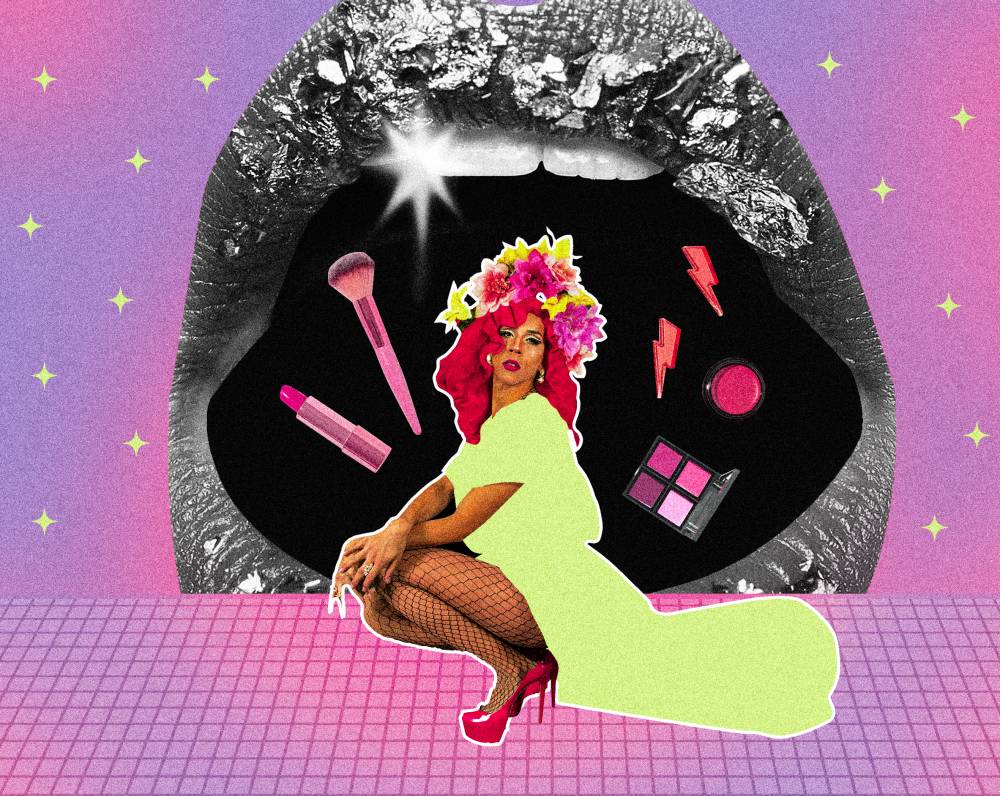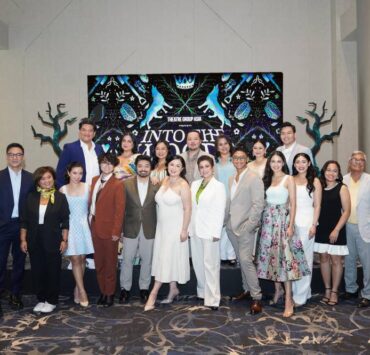Drag and decolonization

Recently, I was invited to give a talk for TEDxDLSU. I discussed the paradox of identity and grounded it in our concept of kapwa. My main point is this: As human beings, we all share a common humanity, but it is in the differences that we truly get to know each other and ourselves.
The main takeaway? Life and culture both flourish with diversity.
Meet Your Tita Baby
I was honored to share the stage with the drag performer Your Tita Baby, who was a top 4 finalist on “Drag Race Philippines” Season 3. Backstage, I reminded her that we had already crossed paths a year ago—when she hosted an event where I was also invited to talk, where I connected pakikipagkapwa with LGBTQIA+ allyship. Happily, she remembered.
Those who know Your Tita Baby (and I am sure many readers do) also know her story. It is best to hear the story from her, but this is how I remember it from her TEDx talk.
I have shown Your Tita Baby a draft of this essay before sending it to my editor—both as a way to ensure that I am not misrepresenting her, and to show her how much her talk meant to me (and what it might mean to many other people).
Your Tita Baby talked about how she succeeded in her early life by following the standards set by other people until a crisis took it all away. In her darkest hours she thought, “If I am going to fail anyway, I might as well fail in what I love doing.”
So, despite having to face the unknown, she returned to her true passion: the visual and performing arts. And it seems that she has never been happier. One thing she said from her talk that stuck with me went something like this: “The thicker my makeup and the more glamorous my outfit, the more I feel like myself.”
Life is a stage, and we are all performers
In RuPaul’s words, “We came into this world naked. The rest is drag.” We are all performing in one way or another, and most of this was conditioned by societal norms we never questioned. Why do boys and girls have different household chores? Why do children have to act and dress like what a “boy” or a “girl” is supposed to?
Why is it fashionable to wear layered clothing in a tropical country? Why are we being sold whitening creams and pills and soaps and scrubs? What is wrong with the darker shade of our skin? Why is speaking in English considered smart, and having a Filipino accent considered funny? Who is imposing these standards? Similar to Your Tita Baby’s story, why does it feel like we are following someone else’s norms for succeeding in this world?
In fact, this is actually what I mean whenever I talk about “decolonization.” Whether on a cultural level or a personal level, the process is the same: We challenge and remove what was imposed on us by others, and get in touch with what is truly important to us.
The prefix “de” means to remove; and in this case, what we remove is colonial mentality. Now, what is it that truly makes us feel like we are being authentic to who we are—not just as Filipinos—but as individuals? There is a lot we can learn from the art of drag in terms of how we can show up for our truest selves. And Your Tita Baby is proof of that.

















